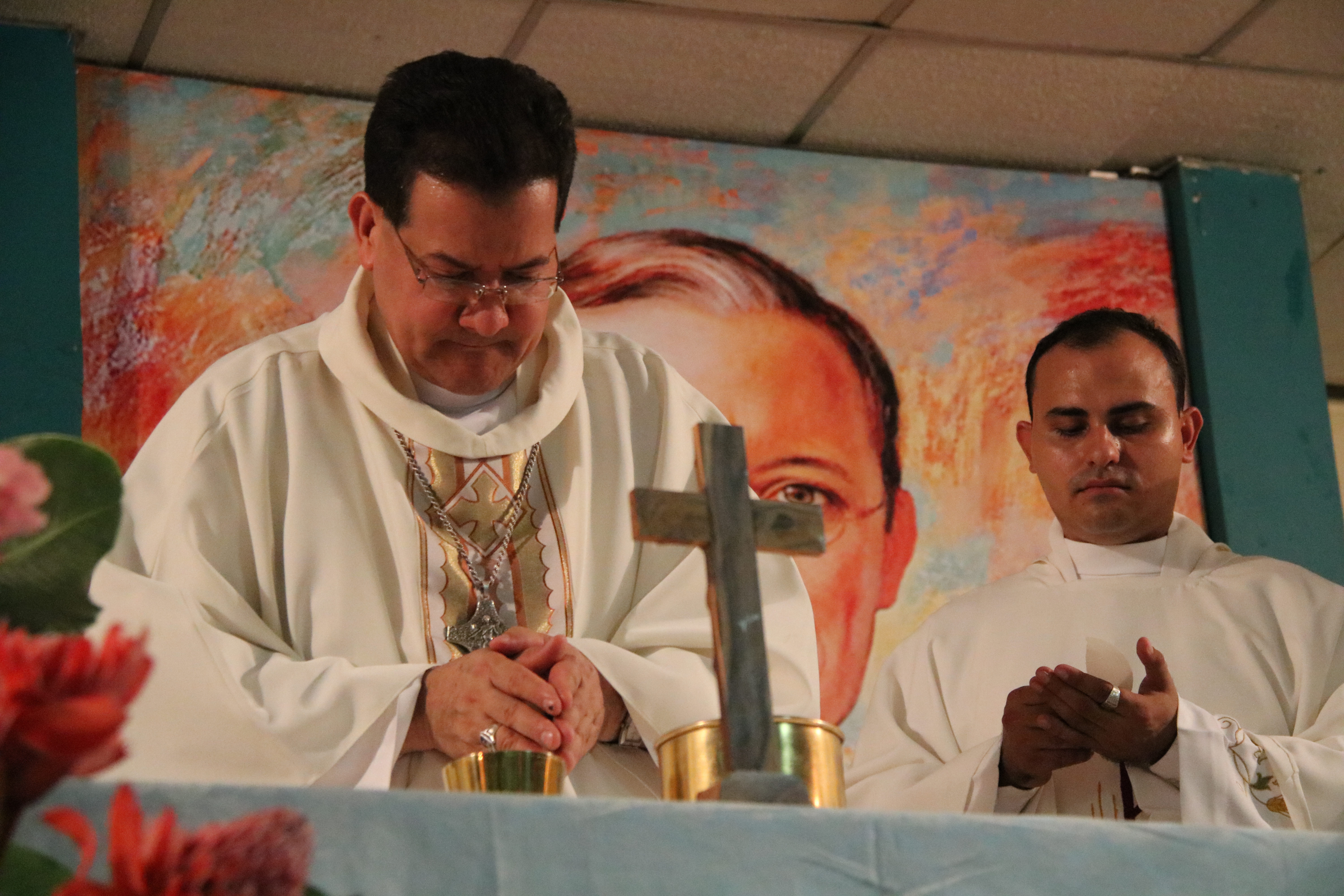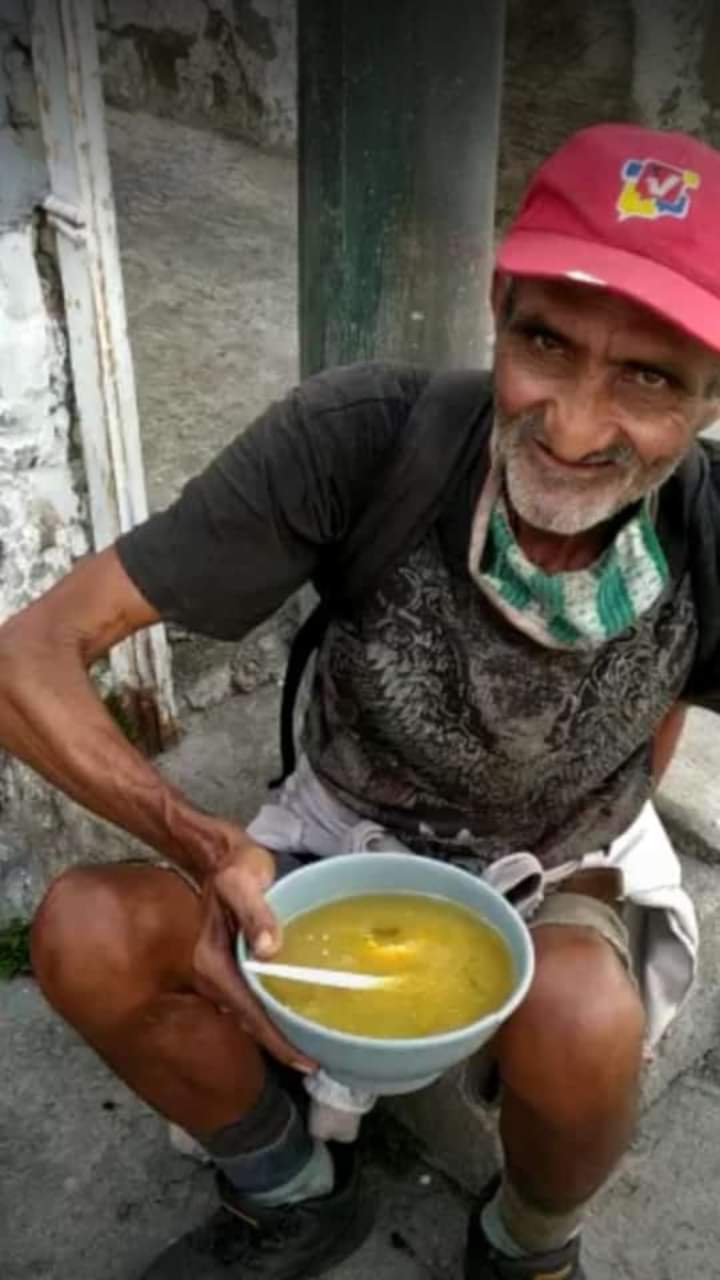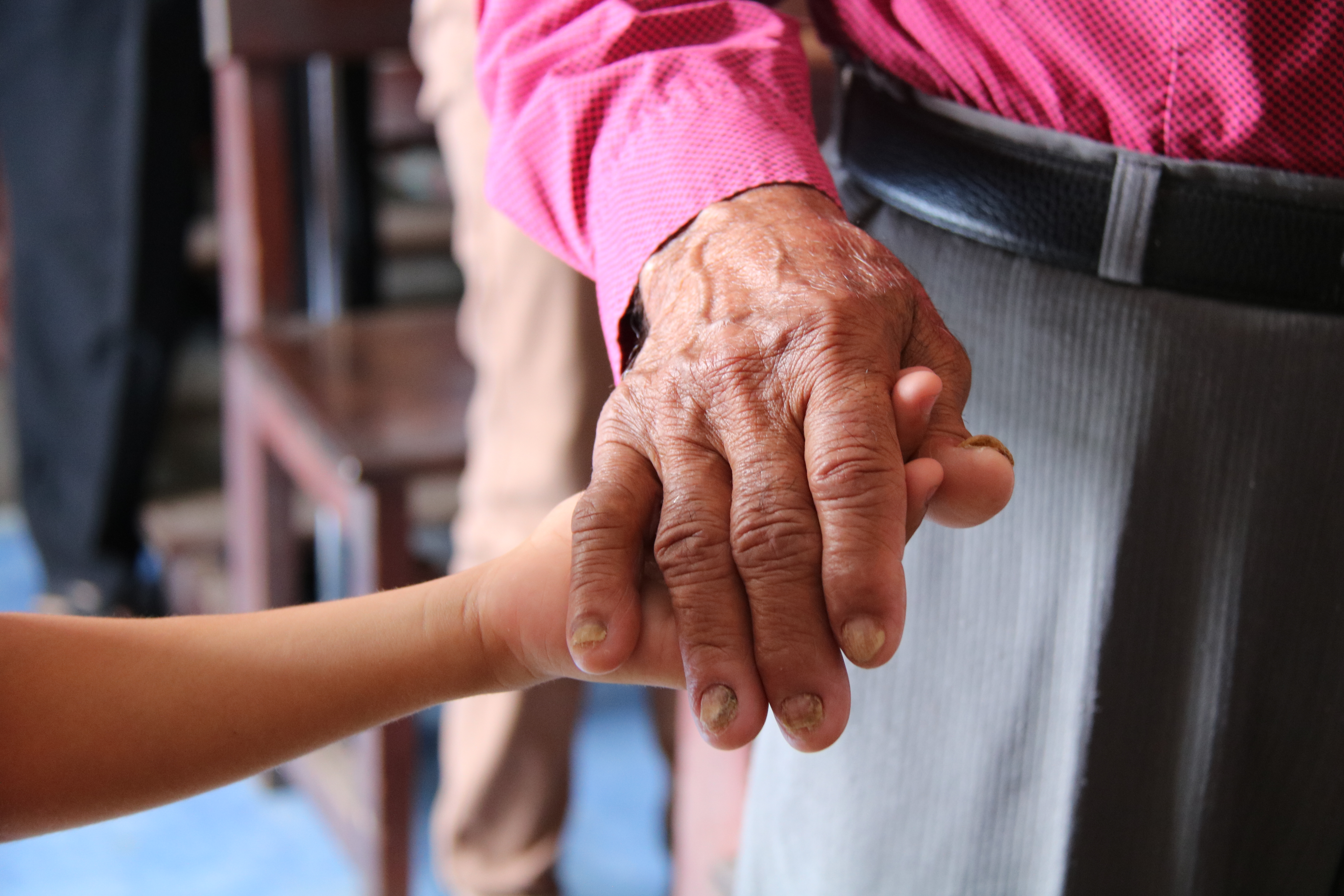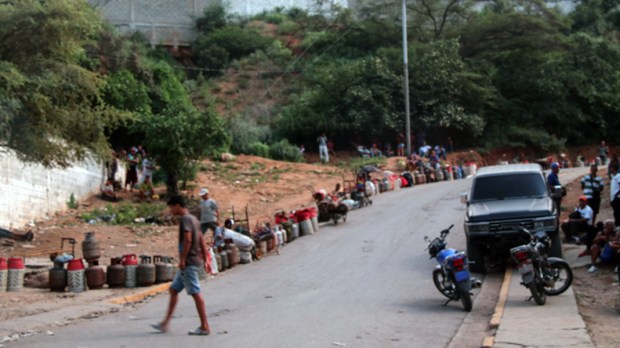Lenten Campaign 2025
This content is free of charge, as are all our articles.
Support us with a donation that is tax-deductible and enable us to continue to reach millions of readers.
According to the latest study published by the independent statistical studies platform ENCOVI, the levels of poverty and inequality have placed Venezuela in positions previously unimaginable for the Latin American country. Venezuela is reportedly distancing itself considerably from its South American peers, approaching the situation of some countries on the African continent, ranking even below Chad and the Democratic Republic of the Congo. According to the data collected by ENCOVI, 96% of households are in poverty and 79% in extreme poverty, which means that the income received is insufficient to pay for groceries. Even including other variables related to employment, education, housing conditions and public services, it is estimated that 65% of households are in poverty. To all this is added the COVID crisis which is still in its early days. According to official sources there are 10,428 positive cases and 100 deaths. But the impact on the country’s miserable economy is brutal: 70% of households declared the rise in food prices as the main problem.
Monsignor Polito Rodríguez Méndez, Bishop of the Diocese of San Carlos in the State of Cojedes, in the Central Plains of Venezuela, describes the country’s current situation in an exclusive interview with the international foundation Aid to the Church in Need (ACN):
“Venezuela has entered a time of famine. Every day things get worse. The economy is paralyzed, there is no industry nor work in agriculture. The Gross Domestic Product is below zero. The most affected are the poorest, who have nothing to eat and no chance to lead a decent life. We need help from abroad to give them something to eat at least once a week,” said the prelate, who just completed his fourth year at the helm of his diocese, which is located some 250 kilometres south-west of the capital Caracas.

“Everything is dollarized: a family earns about three or four dollars a month. An egg carton costs two dollars and a kilo of cheese three dollars … Before the people were poor; now they can’t just make it. The State of Cojedes is known for its mangoes, and so many people have mangoes for breakfast, lunch and dinner. Elsewhere, I don’t know what they can do. We have been under quarantine for more than two months and everything has become very expensive. We can’t go on like this.”

According to the bishop, the coronavirus pandemic is just beginning to take its toll on the country; the worst is yet to come, and this is worrying him tremendously. “Last week a priest died in Maracaibo. As there are no signs [of why], we do not know [from what], but the symptoms are those of COVID-19. Churches have been closed for four months, and priests have nothing to eat. The bishop is working miracles.”

Another serious problem he mentioned in his conversation with the ACN Foundation is that many people lived thanks to remittances from the approximately five million Venezuelans who work outside the country. Due to the pandemic, many of them have lost their jobs and remittances have dropped by 25%. “The other day, I met a seminarian who was crying. His parents had been laid off. They have nothing to live on and they can’t send their son anything. We are living on God’s providence,” said Bishop Rodriguez.
It is feared that the thousands of Venezuelan migrants who lost their jobs in Colombia, Peru, Chile and Argentina might try to come home, and they could include people with COVID-19. For this reason, the border regions of Zulia, Apure and Táchira have been closed and isolated. “Many migrants are trying to come back by illegal routes, some walking 22 days along trails (mountain paths). So-called “sentinel centers” have been set up for those who have returned, but many of the returnees think that they are not safe because of overcrowding, lack of toilets, and poor hygiene. In their view, these centers are not suitable and they do not want to go there, and so they go into hiding. All this is starting to have serious consequences.”
On top of that, in recent weeks, large parts of the States of Cojedes, Portuguesa and Barinas, among others, have experienced an infestation of worms that wiped out banana trees and pastures for livestock. “The plagues of Egypt are nothing compared to what we are suffering here, nothing,” he said. In the face of all these hardships, the last thing the Bishop of San Carlos wants to do is back out. “This whole situation is very depressing; the number of suicides is up. We have to overcome the difficulties in order to provide spiritual assistance; this is fundamental. Our station broadcasts Mass on Sundays, and we continue our pastoral work on social media. We cannot lose heart.”
Admitting that when he prays, he “argues with God,” he added: “Above all, I ask him for mercy, alone we cannot do it. Our strength comes from Him. God loves his people, he is not going to leave us alone, and the Church, too, is not going to leave the people on their own,” he insisted. “The rest of the planet is now in crisis, while we have been suffering from it for decades. As a Church, we have been able to help a lot of people in the past few years. Despite individual limitations, we are not going to leave the people alone in the terrible situation in which we find ourselves. And I am not only referring to the matter of humanitarian aid, but also to what we can do to fully empower people and fight corruption, apathy, the lack of a sense of responsibility … All this also impoverishes the population,” the prelate noted during his conversation with ACN.
Bishop Rodríguez Méndez has little hope that certain political forces in the country will provide an answer. For him, the help that can ease the crisis right now can only come from outside. “We have to seek international support; alone we cannot do it. There are no supplies, no motivated staff, no food. The country is falling apart. We wish no interventions, even less so armed ones, but we must ask the international community for humanitarian and medical aid because if we do not, we have no other alternative: either COVID-19 or hunger will kill us.”

